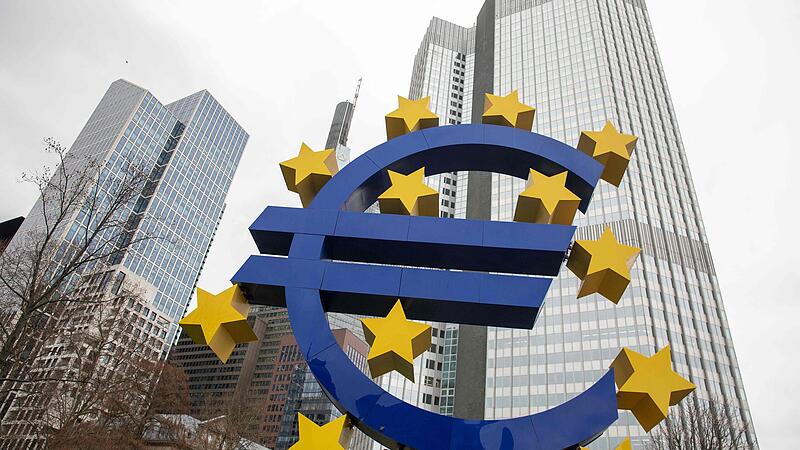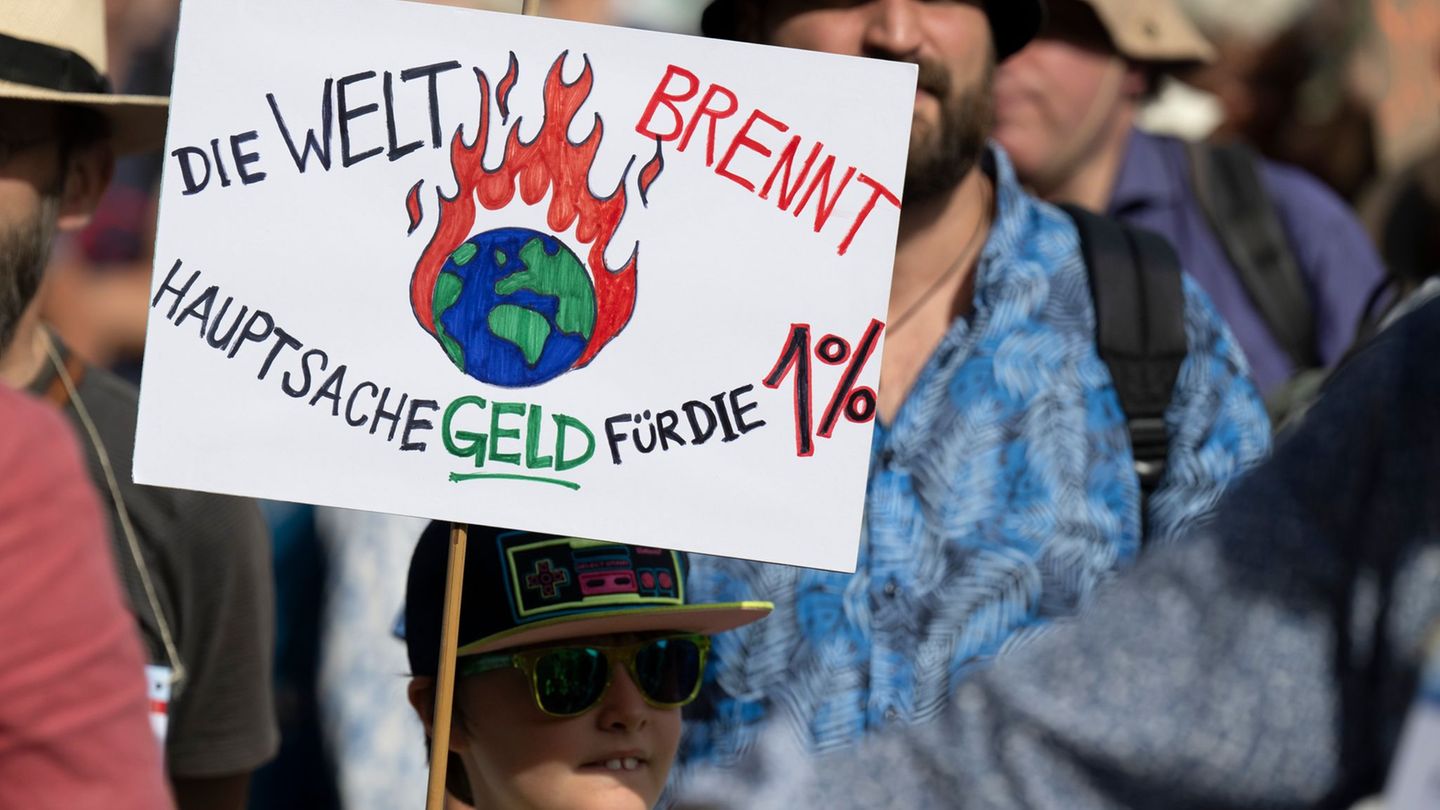ECB President Christine Lagarde signaled on Wednesday that bond purchases could be phased out early in the third quarter and that a first rate hike could follow “a few weeks later”. The head of the German Bundesbank, Joachim Nagel, and other currency watchdogs are expecting an increase in July.
The German Bundesbank also sees urgency as it now expects a high rate of inflation of almost seven percent in Germany for this year. According to Nagel, quick action must be taken to avoid prices and wages building up one another and inflation expectations getting out of control. “In any case, the exit from the monetary policy, which is very stimulating to the economy, should take place quickly and smoothly,” demanded the head of the Bundesbank.
ECB Director Isabel Schnabel made a similar statement in a speech at a financial conference in Vienna. Monetary policy must act to preserve price stability, she said. “The risk is already increasing that the current high level of inflation will be reflected in expectations.”
From the point of view of Bundesbank President Nagel, however, the monetary authorities must ensure that consumers, companies and the financial markets can cope with the exit from the very loose monetary policy. “In my opinion, negative interest rates in the euro area will be history relatively soon. They no longer fit into the changed environment,” emphasized Nagel, who can imagine an end to bond purchases as early as the end of June. The end of this classic instrument of an ultra-loose monetary policy is considered a prerequisite for an interest rate hike.
The deposit rate in the euro area is currently minus 0.5 percent. This means that banks have to pay penalty interest if they hoard money from the central bank. The key interest rate is currently 0.0 percent. The next interest rate meetings of the ECB are scheduled for June 9th and July 21st. After that, the Governing Council of the ECB will not meet again for a regular monetary policy meeting until September.
“I think that the ECB will gradually raise interest rates starting this summer,” said French central bank governor Francois Villeroy de Galhau. The ECB is under pressure because the inflation rate in the euro zone, which was 7.5 percent recently, has shot far above the ECB’s target of 2.0 percent. Villeroy expects inflation to remain “high” for the remainder of 2022. ECB Vice Luis de Guindos expects it to level off at between 4 and 5 percent towards the end of the year.
According to ECB Governing Council member Madis Müller, vigilance is also required because of rising inflation expectations. “This serves as confirmation that inflation is very likely to remain at elevated levels for some time,” the governor of the Estonian central bank told Reuters. The bond purchases should be ended relatively quickly and the turnaround in interest rates should then be tackled “without any major delay”. Even if, in his view, there is still no decision to be made on an increase in June, the ECB could possibly give a hint: “Perhaps we could state our expectations for interest rates.”
Source: Nachrichten




